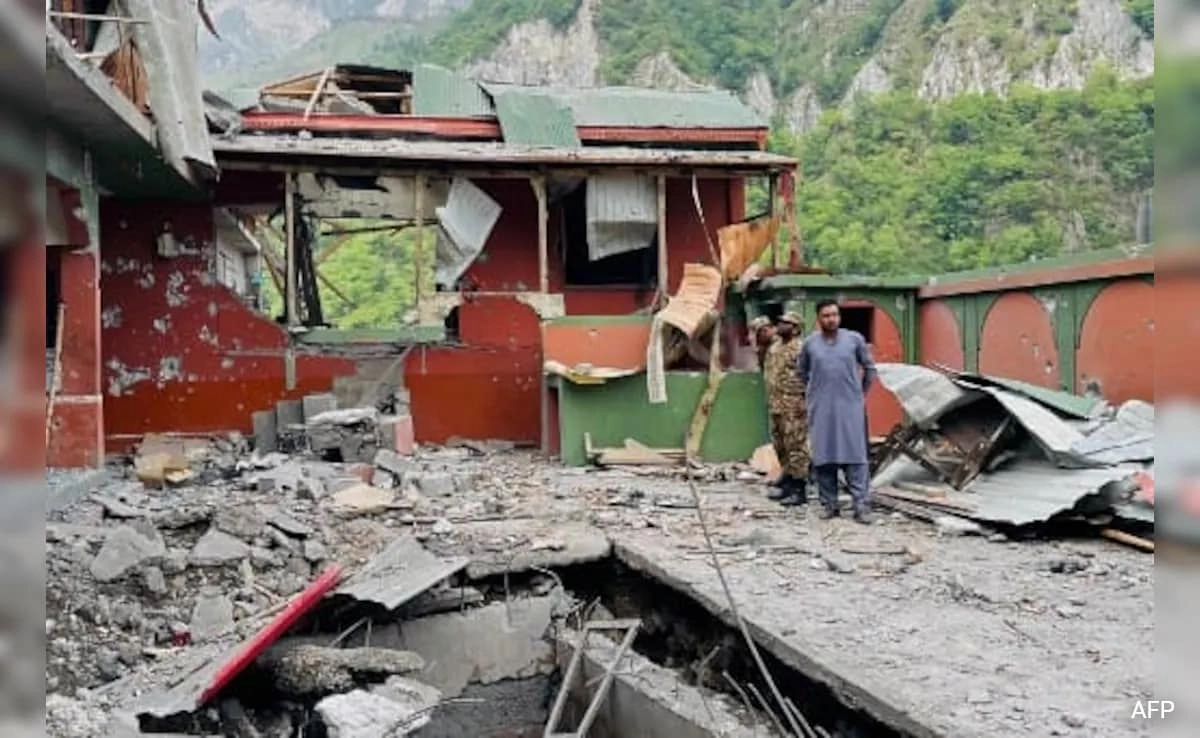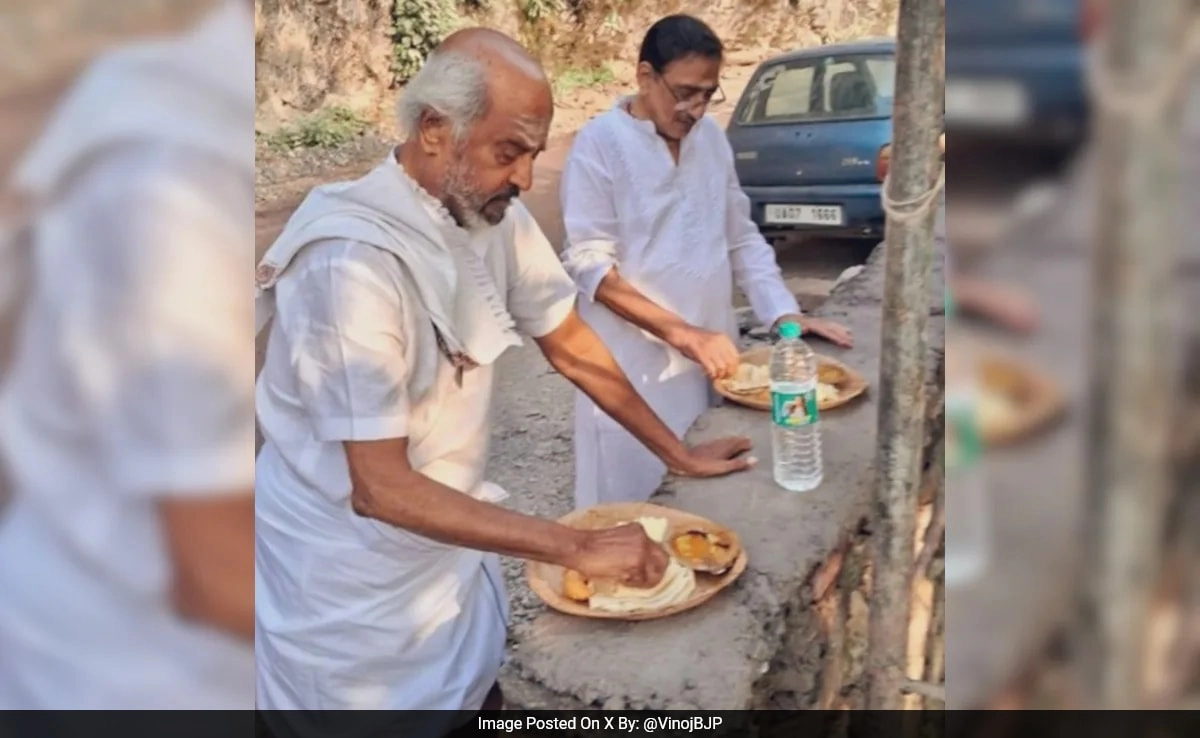Recent speculation regarding a potential coup in Bangladesh has intensified following a series of high-level meetings involving the country’s Army Chief. The military’s prominent role in national governance has long been a topic of discussion, and the current political climate has raised eyebrows, prompting concerns among the public and political analysts alike. The backdrop to this unfolding situation includes an alarming terror warning issued by the government, which has further fueled fears of instability and unrest.
The Army Chief’s recent engagements with key political figures and other military leaders have led to rampant rumors about a shift in power dynamics. Some observers suggest that these meetings could signal an impending military intervention in civilian governance, while others believe they are merely precautionary measures in response to the escalating threat of terrorism. The government’s issuance of a terror warning adds a layer of urgency to the situation, as it indicates that security concerns are at the forefront of national discourse.
As the political landscape becomes increasingly uncertain, the implications of a potential military coup cannot be understated. Historically, the military in Bangladesh has been a significant player in political affairs, having intervened at various points during the nation’s tumultuous history. The prospect of renewed military involvement raises questions about the future of democracy in Bangladesh and the potential for civil unrest. Citizens are left to navigate an atmosphere rife with anxiety and speculation, wondering what the Army Chief’s actions mean for the stability of their country.
In response to these developments, political leaders and civil society groups are calling for transparency and dialogue to address the growing concerns. Many citizens are advocating for a peaceful resolution to political tensions, emphasizing the importance of democratic processes and civilian governance. As the situation continues to evolve, it remains crucial for all stakeholders to engage constructively to ensure that Bangladesh does not revert to a cycle of military rule, which could have dire consequences for the nation’s democratic aspirations and social cohesion. The coming days will be pivotal in determining whether the rumors of a coup will materialize or if the country can avert a crisis through dialogue and cooperation.




